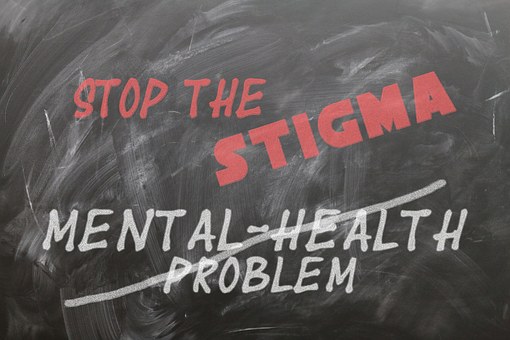The Stigma Surrounding Mental Illness
The Stigma Surrounding Mental Illness

The Stigma Surrounding Mental Illness
The stigma surrounding mental illness is a complex issue that affects individuals with mental health conditions, their families, and society as a whole.
What is stigma?
Stigma is defined as a negative attitude, belief, or stereotype that people hold about a particular group of individuals, based on their characteristics, behaviors, or perceived differences from the norm. The stigma surrounding mental illness refers to the negative attitudes, beliefs, and stereotypes that people hold about individuals with mental health conditions.
Forms of Stigma around Mental Illness
There are various forms of stigma surrounding mental illness, including social, self-stigma, and institutional stigma.
- Social stigma: refers to the negative attitudes and beliefs held by the general public towards people with mental health conditions. It often manifests as discrimination, prejudice, and negative stereotypes, such as the belief that individuals with mental health conditions are violent, unpredictable, or incompetent.
- Self-stigma: refers to the negative attitudes and beliefs that people with mental health conditions hold about themselves. It often leads to feelings of shame, guilt, and low self-esteem, which can make it difficult for individuals to seek help or speak openly about their condition.
- Institutional stigma: refers to the negative attitudes and beliefs held by institutions, such as schools, workplaces, and healthcare systems, towards people with mental health conditions. It often results in discrimination and unequal treatment, such as the denial of employment or healthcare services based on a person's mental health history.
What are the effects of Stigmatization on the Population?
The stigma surrounding mental illness can have significant consequences for individuals and society. It can lead to:
- Social isolation
- Reduced opportunities for employment and education
- Inadequate access to healthcare services.
Stigma can also worsen mental health symptoms and delay recovery, as individuals may be reluctant to seek help or comply with treatment due to fear of judgment and discrimination.
How to reduce Stigma
Reducing the stigma surrounding mental illness is essential for promoting mental health and well-being for all individuals. It requires efforts from individuals, communities, and institutions to challenge negative attitudes and beliefs and promote understanding and acceptance of mental health conditions. Some ways to reduce stigma include:
- Education and awareness campaigns, promoting positive images and stories of individuals with mental health conditions.
- Providing equal access to healthcare services and opportunities for employment and education.
Following the above steps, we can create a more inclusive and supportive society for individuals with mental health conditions.
